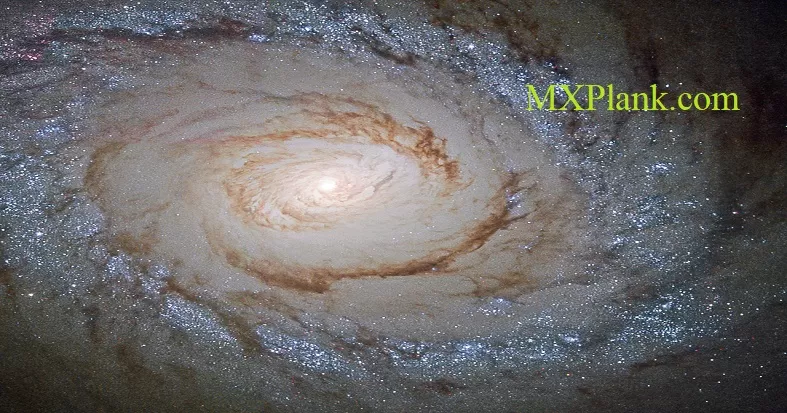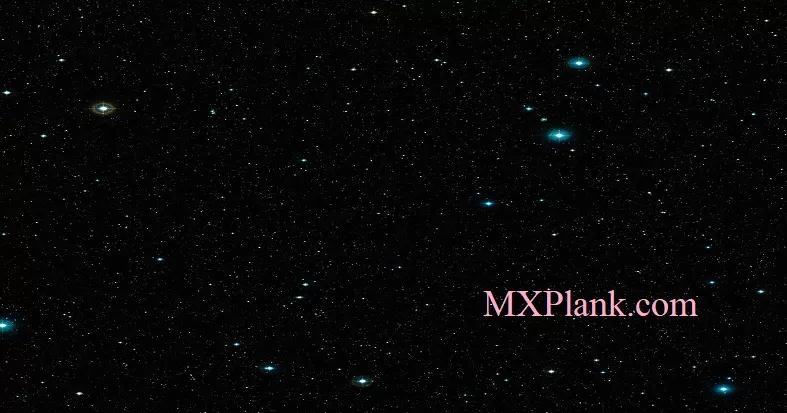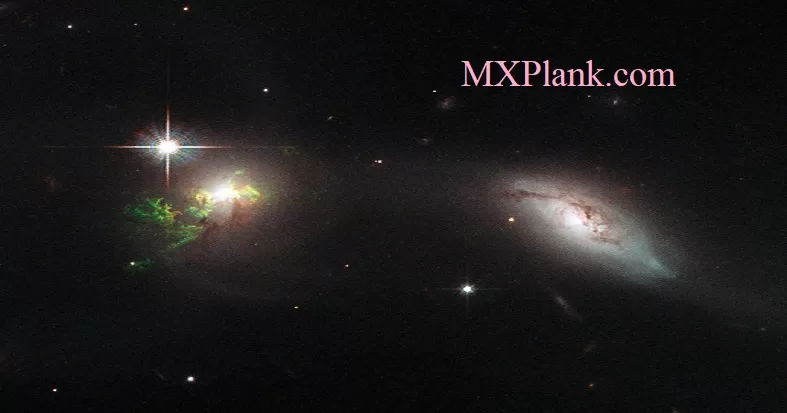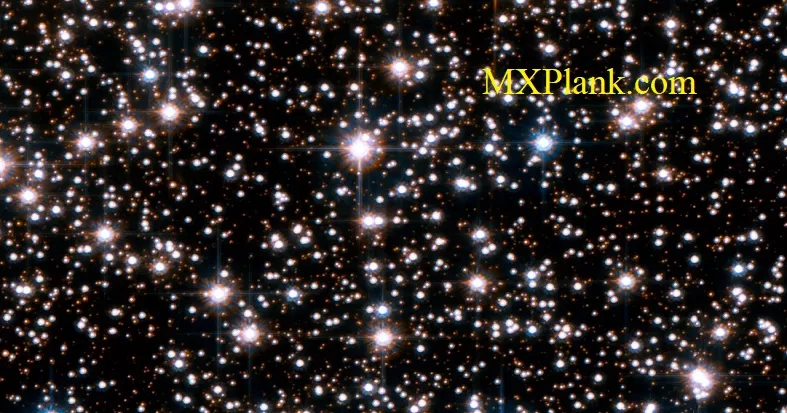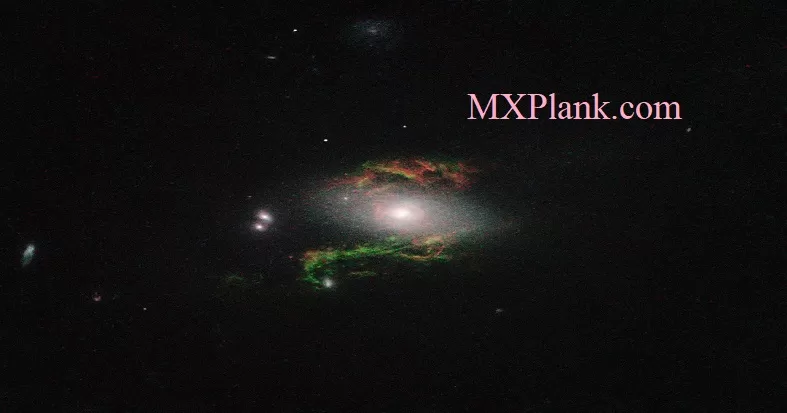Planck Probe
Analysis of data from the European Space Agency's Planck probe has revealed interesting new data about the early universe. Previously the background radiation of the early universe had appeared surprisingly uniform. Inflation theory which has been almost consensus over recent years was developed to explain this uniformity. However, the Planck probe has recorded a large cold spot, indicating a vast clump of matter in the early universe, with a much greater density than the existing version of inflation theory can explain. Moreover, the small fluctuations in the background radiation appear stronger on one side of the universe than the other, indicating an uneven distribution of matter in a lopsided early universe.
There is a problem in squaring this finding with inflation theory as it exists presently, although some physicists think this may point to a new version of inflation theory. One suggestion is that the observed anomalies are evidence of a collision with another universe.

